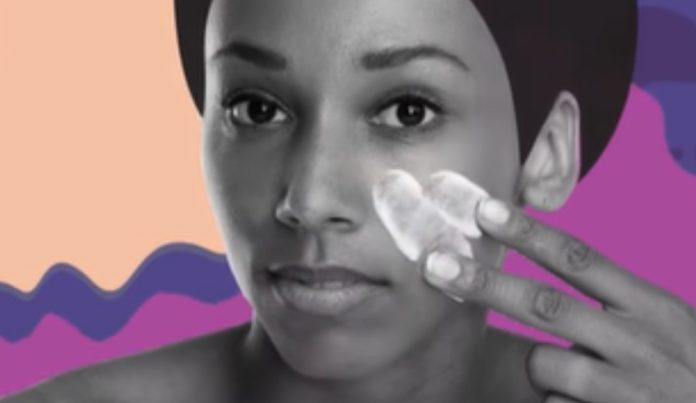The governments of Gabon, Jamaica and Sri Lanka have joined forces to fight back against damaging beauty practices, launching a joint US$14-million project to eliminate the use of mercury in skin lightening products, according to a press release issued by the World Health Organization (WHO).
Using cosmetics to inhibit the body’s production of melanin, leading the skin to appear lighter, is a centuries-old practice in many parts of the world that continues to take a toxic toll today.
Both men and women use skin lightening products, not only to lighten their skin but to fade freckles, blemishes, age spots and treat acne. However, consumers are often unaware that many of these products contain harmful chemicals including mercury, a toxic substance which poses risks to human health and contaminates the environment.
Skin lightening products can cause skin rashes and discolouration; scarring; nervous, digestive and immune system damage, as well as anxiety and depression. The Minamata Convention on Mercury has set a limit of 1mg/1kg (1ppm) for mercury in skin lightening products. However, a 2018 Zero Mercury Working Group and Biodiversity Research Institute test of over 300 products from 22 countries found that approximately 10 per cent of skin lightening creams exceeded this limit, with many containing as much as 100 times the authorised amount.
Led by the UN Environment Programme (UNEP), with funding from the Global Environment Facility (GEF), and executed by the World Health Organization (WHO) and Biodiversity Research Institute (BRI), the Eliminating mercury skin lightening products project will work to reduce the risk of exposure to mercury-added skin lightening products, raising awareness of the health risks associated with their use, developing model regulations to reduce their circulation, and halting production, trade and distribution across domestic and international markets.
Agerpres




